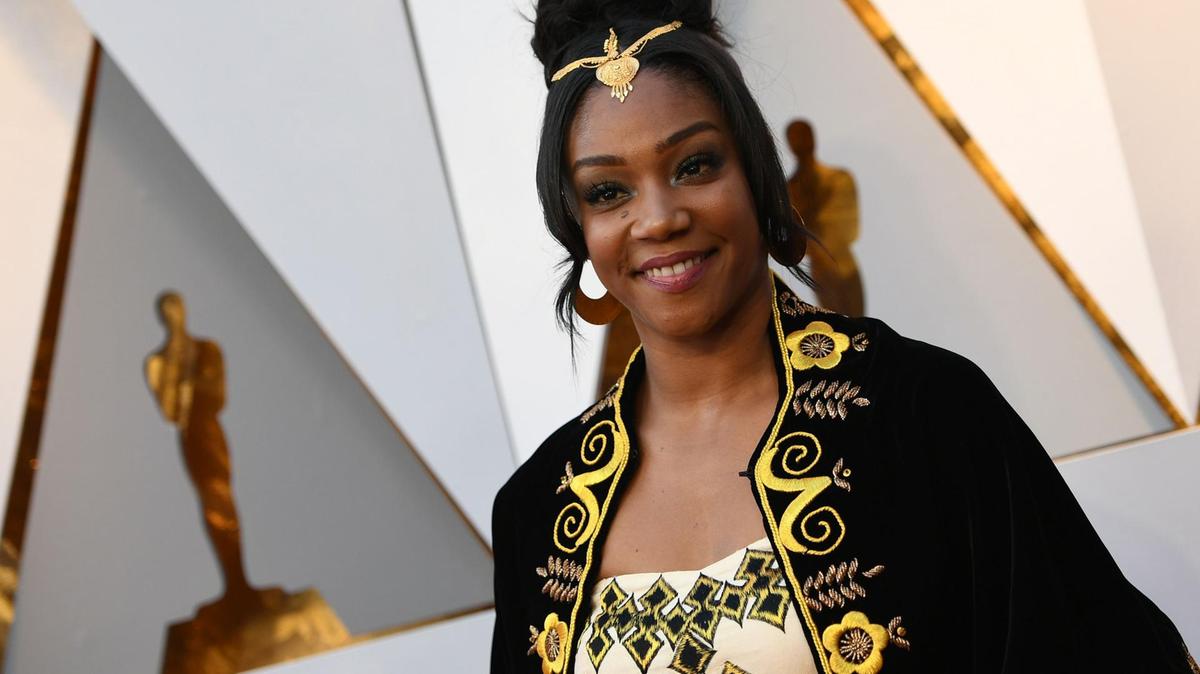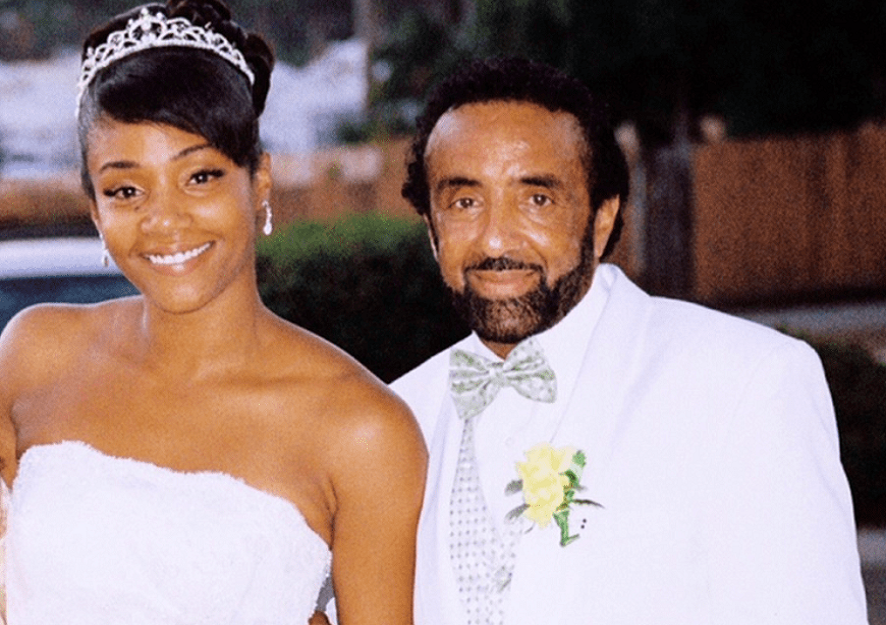By Peter Olorunnisomo – The continent that has suffered the most mis-representation of its cultures, ideologies, and philosophy has been Africa. It is worth considering that this is as a result of the over 52 nations in the continent with diverse cultures and ethnicities that are in multiple of hundreds being a minimum of 450.

It becomes a disposition over the ages to assume that ‘dark’ description over realities that are challenging to come to grips with over the socio-plurality of the continent and the many influences that have been imported into it.
The consequences have been long-lasting and the complicity of differential reactions to the continent in terms of economic, technological, and political leanings have sustained the misconceptions so much that it is readily obtainable on the streets of Europe to think Africa is a country, in America to think that whatever is black is bad except the black keys of a piano, and to the far east and Asia to the north-pole where nautical miles to Africa are as weighty as gold to think that African still live in mud houses and trees.

The template of the true consciousness of Africa aside from the value of negative propaganda is realised in the critical and human experience of a writer who found a different colour code to her African ‘home’ filially.
Last week, the American author and comedian Tiffany Haddish was granted Eritrean citizenship during a visit to join in the 28th independence anniversary celebrations.
Photos posted on social media showed her going through the paperwork in a government office wrapped in the colours of the Eritrean flag.
Reacting to the citizenship, the Los Angeles-born star disclosed why she put in an application: “I don’t want to have to ask permission to come and see my people, I want to come when I want to come to be with my people.”
In an interview posted on the Information Ministry’s website, she added: “Signing those papers and getting the validation meant the world to me. That is something my father wanted.
“I love my father so much and maybe he didn’t get to raise me but he installed enough for me in my blood. He taught me a lot during the time I did get to spend with him. I want to honour him and I just want to be a good daughter.
“I want to help my family who still live here and want to do good things for them. I always had to ask permission to come and see my family and people but I don’t like that I had to ask permission to see my family. Now I got my citizenship and I can come and see my family when I want to see my family,” she stressed.
She is the daughter of an African-American mother and Eritrean father. Haddish’s father, Tsihaye Reda Haddish, entered the United States as a refugee.
The recent visit was the second in two years. Her first in January 2018 was in what she described as an emotional homecoming to bury her father and also meet and connect with her relatives.
She flew on Ethiopian Airlines to Asmara to join the week-long independence day celebrations. She toured parts of the country during her visit including a meeting with President Isaias Afwerki. She has disclosed a plan to help market Eritrea as a dream destination.
Tiffany Haddish is back in the United States after her recent trip back to Eritrea, her second in as many months.
Whiles the first trip was a solemn one to bury her father, the week-long May 2019 edition was more to celebrate with the country she is now officially a citizen of.
In an interview with the Shabait portal, Haddish spoke on a wide range of issues that spanned her stay in the country. From internet cafes to motorable roads and agricultural boost, she also paid homage to the martyrs of Eritrea’s liberation.
When asked about new changes she noticed since her last visit (i.e. in 2018) she said: “I have seen a lot of things and advancements. For example, the roads to Massawa (a port city) are not as bumpy as they used to be, it was a smooth and very nice ride.
“I love the roads to Massawa. I have also noticed more internet cafes which I was excited about, a lot more farmlands, which is really exciting to me, and more livestock. Most of all, the President showed me the amazingly beautiful Dams.”
For a country under strict government control especially in the area of communication, human rights reports have serially spoken of tight control over internet use.
A recent report that the government had clamped down on social media in the light of planned anti-government protests during the 28th independence anniversary was disputed by some Eritreans.
Internet World statistics indicate that Eritrea has by far the lowest internet penetration on the continent. As at 2018, it had only 71,000 internet users, estimated to be 1.3% of the population. A World Bank publication in 2017 actually put the internet population at one percent.
Haddish’s trip also turned out to be one that gave her time to visit different parts of the Horn of Africa nation. “I have been to Asmara, Massawa, Dihil Island and Nakfa. Dihil is an Island where the Afar ethnicity inhabits.
“The food was really good and I enjoyed the singing and dancing. I also went to sleep in one of their traditional beds outdoors with the stars and everything, I was just knocked out, and it was so good. It was wonderful.
“And my most favourite place of all was the hot springs at Mai Wuei. It is a beautiful place; the hot springs have helped me with my knees, which I recently have just hurt,” she added.
Speaking about her engagements at the level of an entertainer, Haddish spoke about her own productions, the “She Ready Productions.”
“I am putting together TV shows and movies. One of my goals is to come here and make some movies and take the opportunity to give them good line of movies and really get it out in the world.
“To make sure the world can see how beautiful the people and Eritrea is. We got great stories to tell that the world needs to know about. I also got cartoons coming out.
“My goal is to one day own my own studio so that people who work with me have a generational wealth.” Reiterating her joy at obtaining citizenship, she added: “I am happy to be home and I can’t wait to keep coming back home and learning more and more to share with the world. The world needs to know how amazing this place is.”
The testament of Tiffany might well serve to re-educate and revalue the psyche of children of Africans in diaspora, Africans in diaspora, and the world to whom ‘black’ means means everything of a negative description.
Kindly follow us on twitter:@AfricanVoice2









